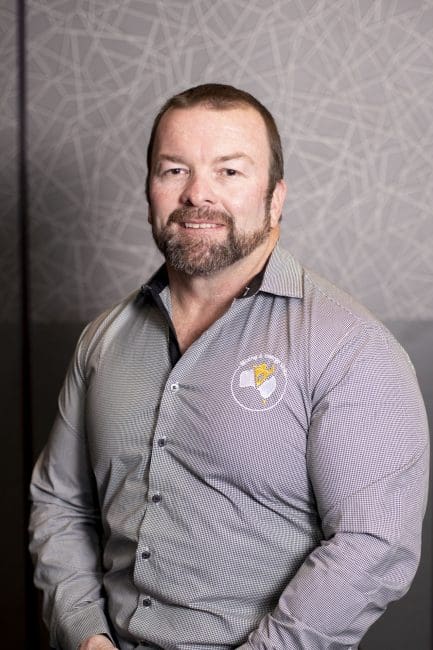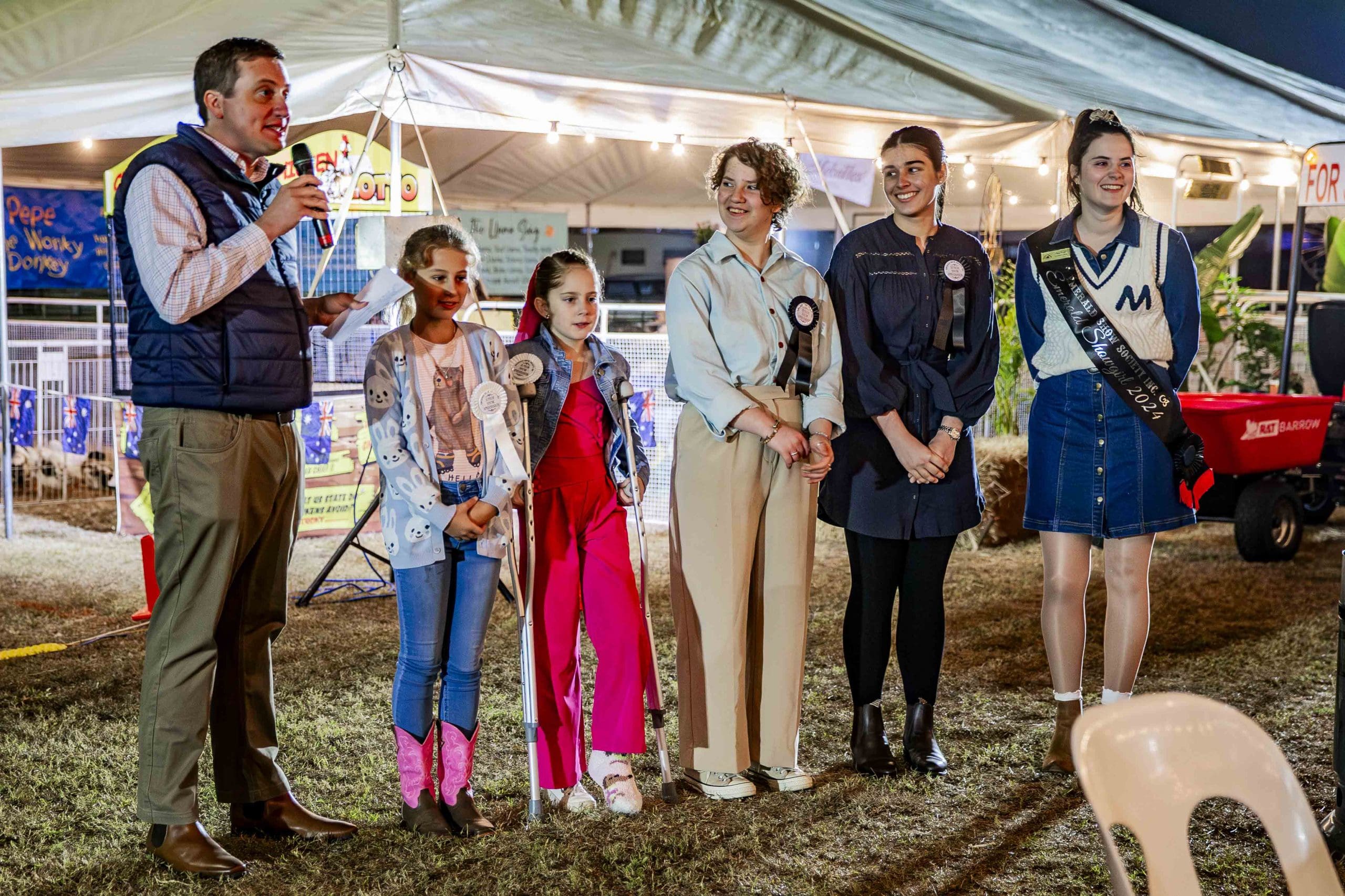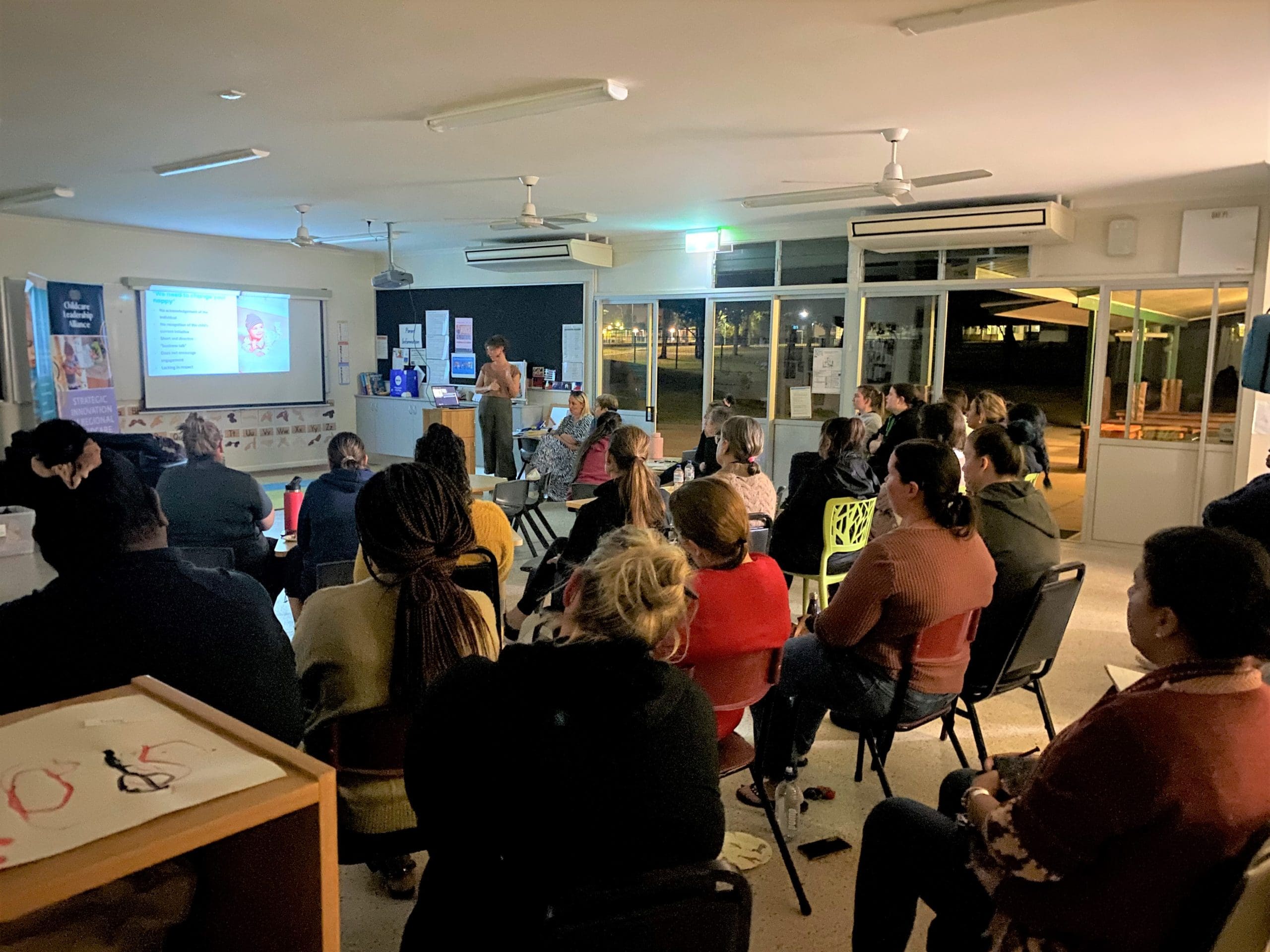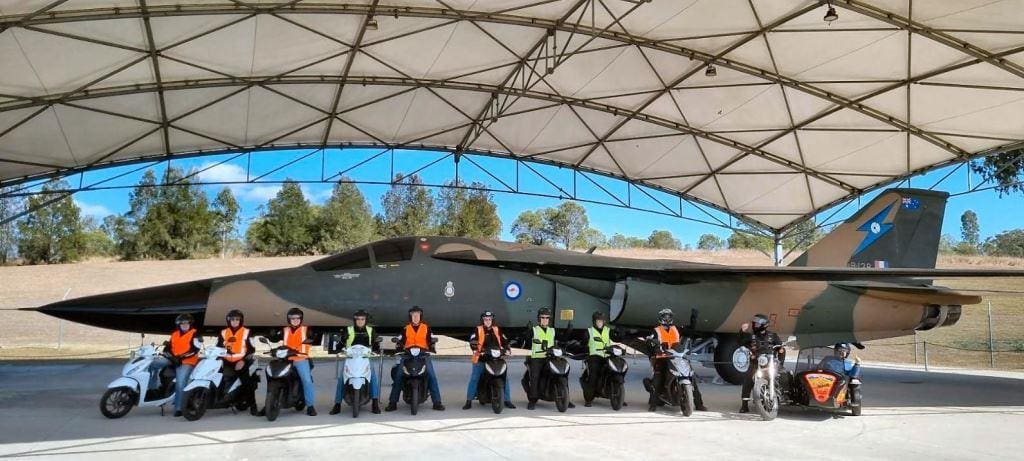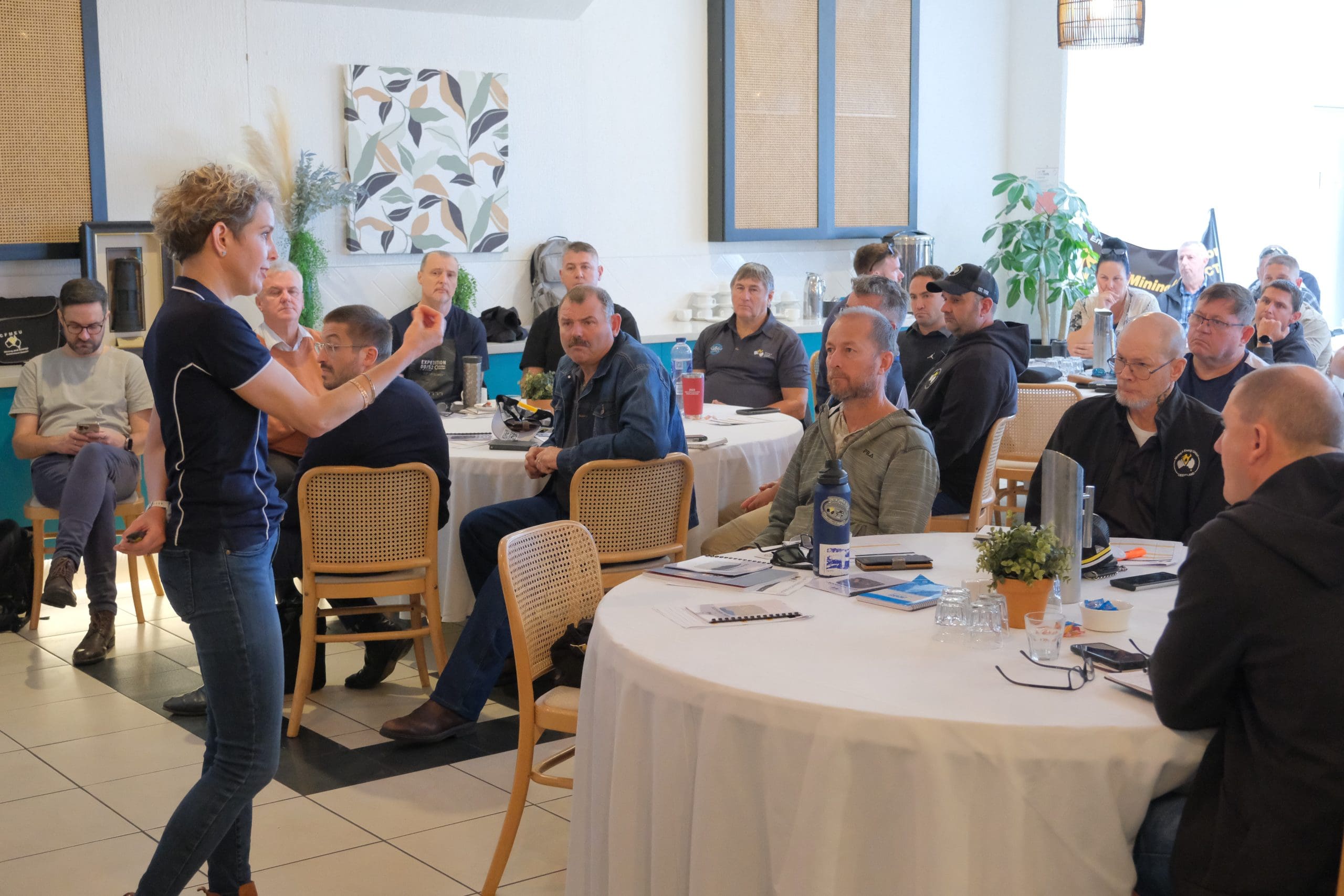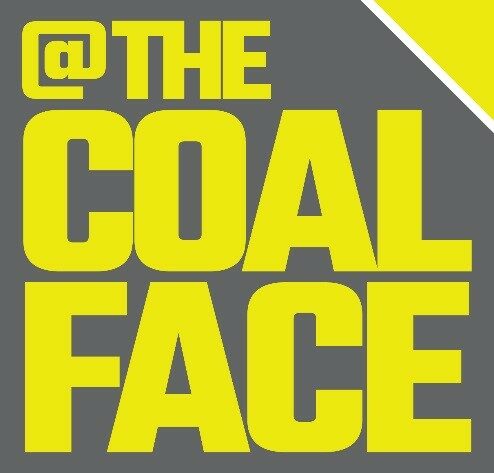I’m a third generation Queensland coal miner, following my father and grandfather into the mines. I’m also immensely proud to have two of my children build careers in coal mining – a son and a daughter. My daughter, a diesel fitter, is the first female in the family to enter the mining industry and she represents a change in the demographics in the industry. Many more women are entering the mining industry.
The first women coal mineworkers in Australia’s history started in the Moura Washery in Central Queensland in 1979. The four pioneering women – Pattie Ryan, Julie Patterson, Laurel Seymour-Smith and Raylee Airey – had the strong backing of the union then, just as women entering the industry now have our strong support.
Unfortunately, some mining companies employ women without providing them with safe and supportive workplaces. For example, some operations that are able to move thousands of tonnes of coal and dirt seem unable to provide their workers with accessible and hygienic toilet facilities, which is a disgrace. Sexual harassment is also a blight on the industry.
Our survey of Queensland women mineworkers last year found that 43% of women and 18% of men said they have experienced or witnessed some form of sexual harassment within the last 12 months.
Now, legislative change underway in Canberra will have positive impacts for the growing numbers of women in our industry.
While work continues on developing Same Job Same Pay laws, there have been other welcome and important changes designed to remove barriers to women’s full participation in the workforce.
Sexual harassment
Recent changes put more onus on employers to prevent sexual harassment from occurring and make it easier for affected workers to take legal action.
The Sex Discrimination Act now includes a positive duty on employers to eliminate sexual harassment. It means that mining companies must now take all reasonable steps to prevent workplace sexual harassment, sex discrimination and victimisation from occurring, not just wait until it happens.
Also, changes to the Fair Work Act mean the Fair Work Commission can now handle sexual harassment disputes and grant remedies. Applications can be made to the Commission for a Stop Sexual Harassment Order to prevent future harassment or to grant compensation to remedy past harm.
Many workers suffer sexual harassment without making a complaint because they don’t trust existing processes. These legal changes make it easier and for union members, our team is available to assist you through the process.
Pay transparency
The Government has banned pay secrecy clauses, meaning employers cannot prevent staff from discussing salaries. While workers employed on Enterprise Agreements have a level of transparency over their pay, the changes mean people can’t be prevented from talking about bonuses, terms of individual contracts or other pay measures. Pay secrecy clauses contribute to the gender pay gap.
Family and domestic violence leave
All workers are now entitled to ten days of paid family and domestic violence leave per year as part of the National Employment Standards. This paid leave can be taken by those experiencing domestic violence including coercive control. It is paid at the full rate of pay and available to casuals. The leave can be used for medical appointments, counselling, court dates, or time off to make safety arrangements including relocation. Employers are prohibited from putting information about FDV leave on their payslips.
Flexibility
Workers now have more rights to request flexible working to accommodate caring or other responsibilities and there is now more onus on employers to genuinely consider each request. Employers must prove they have reasonable business grounds to refuse a request for flexibility and discuss alternative arrangements. The Fair Work Commission has the power to make orders granting flexibility arrangements.
Our union covers permanent employees and contractors and we encourage all women to consider joining, to get the support they need to access these new rights and entitlements.
Stephen Smyth
Mining and Energy Union Queensland District President

